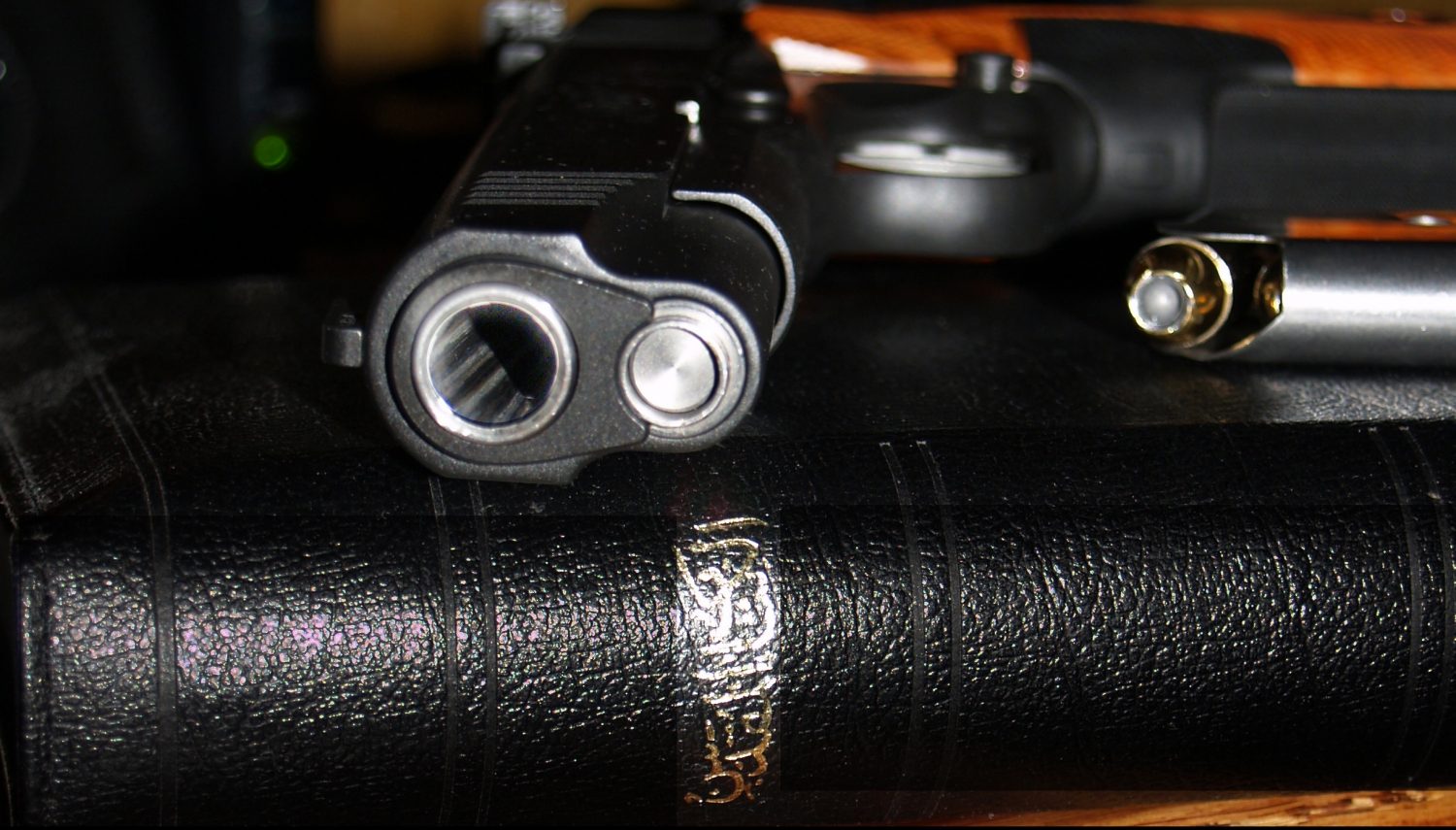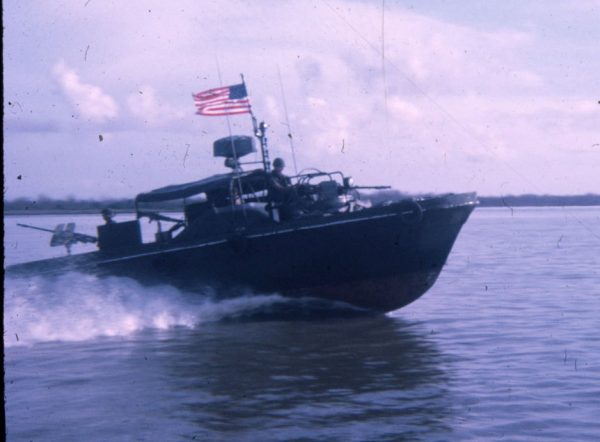Charles had always enjoyed that first day of summer with his family. Most years they headed “Up North” to the family’s cabin on Thursday and spent the next week putting the dock in the water, cleaning up the deadfall around the cabin, and cleaning. Mom always insisted on the cleaning before the water skis were loaded out of the shed and put in the boat.
His sisters were just enough older that he was ignored most of the time, and that left him with plenty of time to explore the area with an assortment of dogs over the years. Each dog had its season at the cabin, and one-by-one they passed on, clearing the way for the next dog.
In his 19th year Charles dropped out of college. He had good grades, and he was learning a subject that he truly loved. But the guilt he felt with every casualty list coming from Vietnam put him in a bind: he loved his country and grew to believe that he needed to go himself or he wasn’t worth much as a man.
So, at the end of spring quarter at the college, he quietly packed up his dorm room and brought his stuff home in boxes. He left it all in the attic, telling his parents he’d deal with it when they got back from the lake. And, as usual, the following Thursday they went north and stayed for a week. His sisters had been married off, and it was a quiet time where he could tell his parents about his enlistment in the Navy and his impending departure for San Diego and boot camp.
At the end of the week, he had them drop him off at the recruiter’s office on a Friday morning and by lunchtime he’d been processed at the large recruiting station downtown and put on a plane to California. He was a bit disappointed that they didn’t send him by train, but it wasn’t his choice to make.
Nine months later he reported to a riverine unit in South Vietnam. He’d been through the training as a gunner in the Navy’s schooling system, and since he was in his second year of college they offered him a chance at a degree and a commission. He declined, and said he’d best go where his friends were: Vietnam.
Just a month after that, his boat was obliterated during a gun-duel with Viet Cong forces on a small canal that nobody remembers the name of any longer. His boat was doing well in the firefight until a mortar lucked out and hit them while they were exchanging fire with a machine gun nest on shore. It was a direct hit, and it took the boat out with a strike in the fuel tanks. No survivors.
That spring, on Memorial Day, his parents were going to leave the cabin unopened, and wait until the Fourth of July to go up and open the place. But Charlie’s sister June insisted, saying that “Charlie wouldn’t want you moping around. He loved that place. Do it for him.”
And, reluctantly they did, heading up on Thursday and planning to return Thursday following, just like always.
The dust seemed thicker this year, and his parents struggled to keep the emotions under control while they got everything in order. It was a lot tougher without any help from the kids. But they managed.
Monday morning Charlie’s father got up at dawn and made himself a cup of coffee. He was a combat vet of Korea, and had lost a number of friends during that war. A war not unlike his son’s war. He put a shot of brandy in his coffee, and wandered down to the dock. Time to reflect.
When he arrived, he saw that the water skis were bobbing in the shallows near the dock. He touched the engine of the old boat and realized it was very warm; someone had been out on the lake in it in the last hour.
Walking down the dock, he hopped into the shallow water to grab the skis. Damned inconsiderate for a boat thief to go joy-riding in his beloved boat.
He stopped and looked past the skis, up to the beach. There were footprints coming out of the water that ended six feet up the beach. Ended, as in nothing more. Just unblemished sand. And in the hollow of the last footprint was a single dogtag that read:
Veninbilt, Charles.
They’d never gotten Charlie’s dogtags. His body was recovered, but not the tags. The explosion had left little behind.
Dad dropped his cup of coffee and picked up the tag. It was charred and bent, but all the information on it was correct. It was Charlie’s.
Staring out at the lake, he heard music, it sounded like The Rolling Stones “Under My Thumb,” and then the deep growl of a big marine engine. A moment later he blinked rapidly, unable to comprehend that he saw a riverine unit come around the point near the resort at full throttle. Bow wave held in its teeth, the boat turned toward shore and the dock, holding course until it was fifty yards out. She wheeled hard to starboard at that point and the crew waved. From the rear .50 mount a blond kid with no shirt waved and threw a salute. As fast as it had come, it turned toward the center of the lake and faded into vapors. The sound of the engine, and Mick Jagger‘s voice, rapidly faded. The surface of the lake returned to a mirror finish.
Charlie had come back for one more Memorial Day at the lake.
To all my readers, spend the day honoring all the men and women who went forth in our place and gave us the peace we enjoy today.


